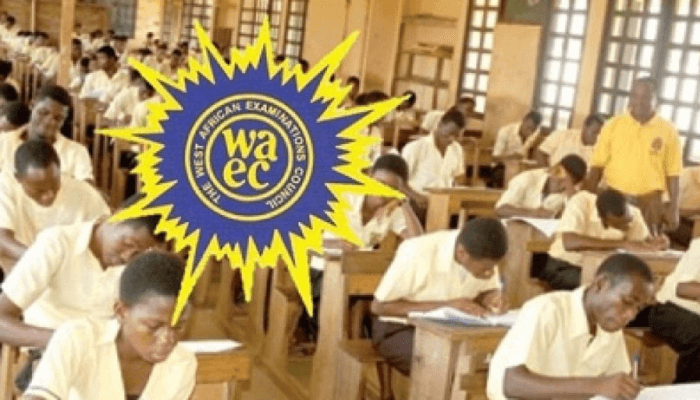The House of Representatives has directed the Federal Ministry of Education and the West African Examinations Council (WAEC) to suspend with immediate effect the planned introduction of Computer-Based Testing (CBT) for the 2026 examinations.
MPs raised concerns over inadequate preparation and the risk of widespread failure and urged a delay until 2030 to allow proper planning and infrastructure development.
The House also called upon the ministry in collaboration with state governments to allocate funds in the budgets of 2026, 2027, 2028 and 2029 for recruitment of computer teachers, construction of computer halls with internet facilities, provision of standby generators and assessment of readiness of private schools before the implementation of the CBT policy in 2030.
The motion came after the adoption of a motion of urgent public importance moved by Kelechi Wogu during Thursday's plenary session, titled “The need for intervention to stop the pending massive failure of candidates intending to sit for the 2026 WAEC examination using Computer-Based Testing (CBT), which can lead to depression and even deaths among students”.
Leading the debate, Wogu explained that WAEC is responsible for the conduct of examinations that qualify students for higher education. He stressed that many institutions require candidates to have at least five credits including English and Mathematics in WAEC to secure admission.
He further reminded that the 2025 WAEC results portal was temporarily closed due to “technical glitches”, causing considerable distress to candidates.
Wogu expressed concern that despite strong opposition from the Nigeria Union of Teachers (NUT) and school heads, especially in rural areas where over 70 per cent of students live, the Ministry of Education has gone ahead with its plan to introduce CBT for the 2026 examinations.
“The House is mindful that computer-based examinations require fully equipped halls with functional computers, internet access and reliable power supply from the national grid or standby generator,” he said.
He said around 25,500 schools across the country are expected to submit candidates for the 2026 examinations, which will be run simultaneously over four months from March to July. However, he pointed out that most schools, especially in rural areas, lack functional computers and qualified computer teachers.
Also read: Nigeria's 2025 WASSCE score worst in 10 years
The lawmaker argued that, unlike the Joint Admissions and Matriculation Board (JAMB) examinations, WAEC candidates are required to sit for at least nine subjects including practical, multiple choice questions and theory. He argued that this makes a hasty transition to CBT unrealistic.
Vogu warned that premature implementation of the policy could lead to widespread failure, frustration, depression and increase in social ills among students. He suggested that at least three years of preparation should be done before implementing the policy in the 2029-2030 academic session.
The motion was unanimously adopted by the House, which then ordered its committees on basic examination bodies, digital and information technology, basic education and services, and labour, employment and productivity to engage with relevant stakeholders in the education and technology sectors.
The committees are to report within four weeks for further legislative action.











